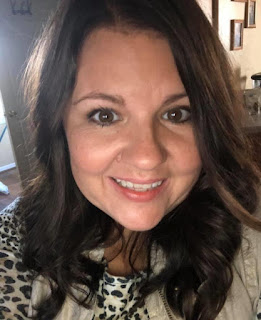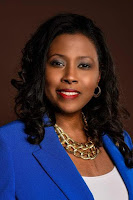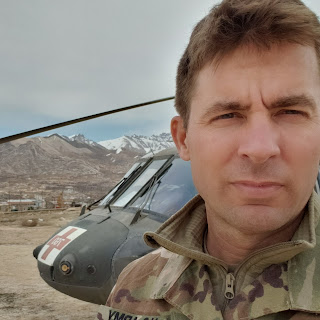Interview with a post-abortive sidewalk counselor: love, not shame, is the key
What advice do you have for people who don’t sidewalk counsel but still want to help women with crisis pregnancies?
- Interview with a secular sidewalk counselor, 6/15/2020
- How Gabriela became a sidewalk counselor outside the clinic where she had her abortion, 3/16/2020
- In-depth interview with a millennial sidewalk counselor, 1/31/2018
- So I met some sidewalk counselors [interview of a sidewalk counseling veteran], 2/14/2014
- Sidewalk Counseling Masterclass from Equal Rights Institute
- Free training materials from Rehumanize International
- A training program from Sidewalk Advocates for Life
(Check out the list of ways you can support sidewalk counselors from HowToBeProlife.com.)




Leave a Reply
Want to join the discussion?Feel free to contribute!